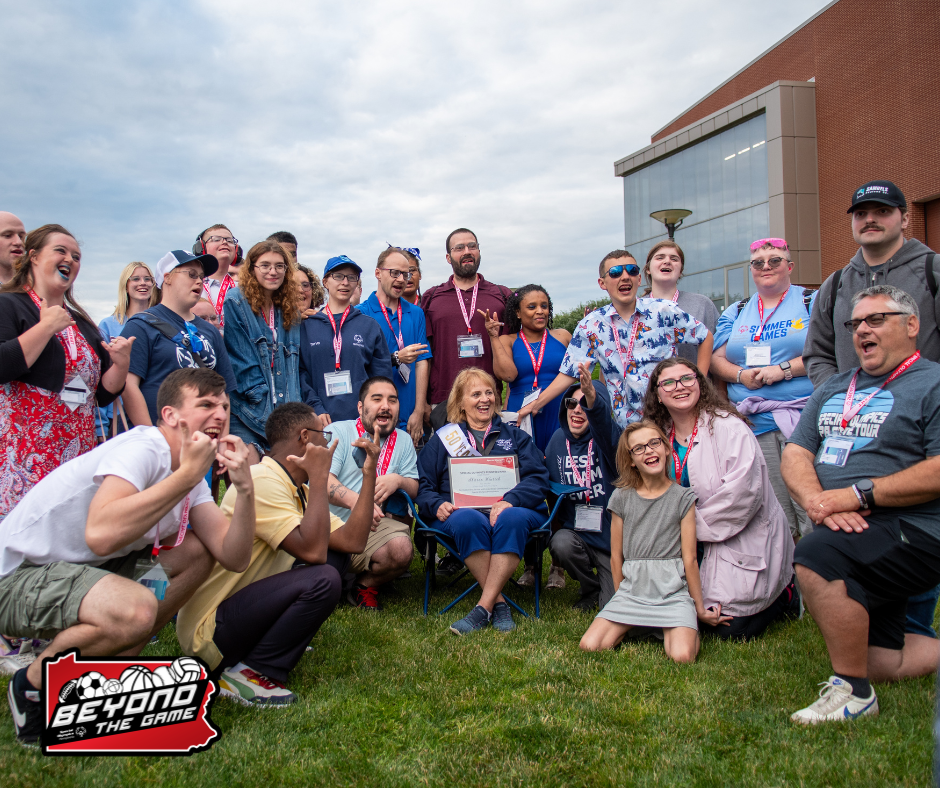Become a Coach
Why become aSpecial Olympicscoach?
Becoming a Special Olympics coach is more than just teaching sports -- it's about making a real difference in athletes' lives. Coaches learn what makes each athlete unique and create personalized training that helps them grow and feel confident. They also teach important life skills like teamwork and communication while creating a sense of belonging. This strong coach-athlete bond boosts both physical and mental well-being, helping athletes succeed in all areas of life.

Head Coach
Head coaches lead and organize their team of athletes and volunteers to create a comprehensive sport training program. They make sure the paperwork for their training site is completed, and that they have enough volunteers to run their sport. They manage the rosters of both athletes and volunteers, and communicate important info such as practice dates, schedule changes and what to expect during the season. They handle the paperwork for competitions.
Assistant Coach
Assistant coaches help to organize practice and assist athletes in acquiring sports skills, under the leadership of a head coach. Assistant coaches are needed to maintain our 4:1 ratio. They help support at competitions and events.

Register in our Portal
Access our volunteer portal, which will serve as your hub for everything Special Olympics!
Pick your Sport
Discover the sport that you want to coach and get one step closer to getting in the game!
Connect with your Local Program
Connect with Special Olympics staff in your community to begin your coaching journey!
I’m elated when my swimmers achieve their goals or have success. And sometimes the success might not mean they won the race, but when I see them improve so much and I see the satisfaction and the glee it gives them, that’s big for me. To see that they can do something they initially thought they couldn’t do.

Coach Certification
Special Olympics offers, and sometimes requires, coach certifications in our sports. Head coaches, as the expert on the team, are required to be certified in their sport.
Assistant coaches are not required to become certified, but all are encouraged to become certified in order to better serve our athletes!
Why get certified?
Our coach certification trainings provide volunteers with important information related to your sport, such as rules updates, suggested training plans and best practices in coaching Special Olympics athletes. We also provide Sport Skills Program materials to each participant. We hope that these trainings will help you feel more confident in guiding and supporting your athletes.
Additionally, some of our competitions require a certain number of certified coaches per team.